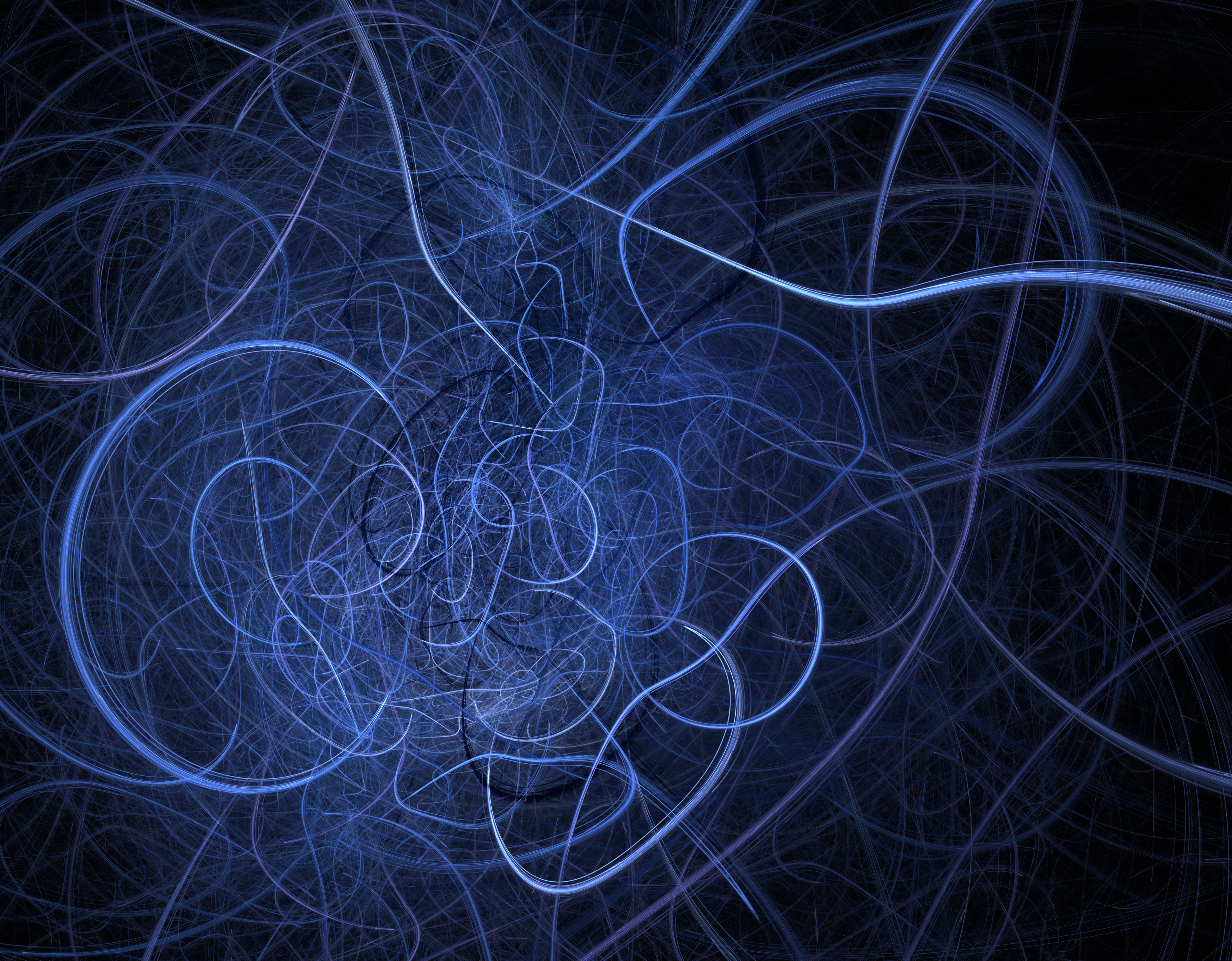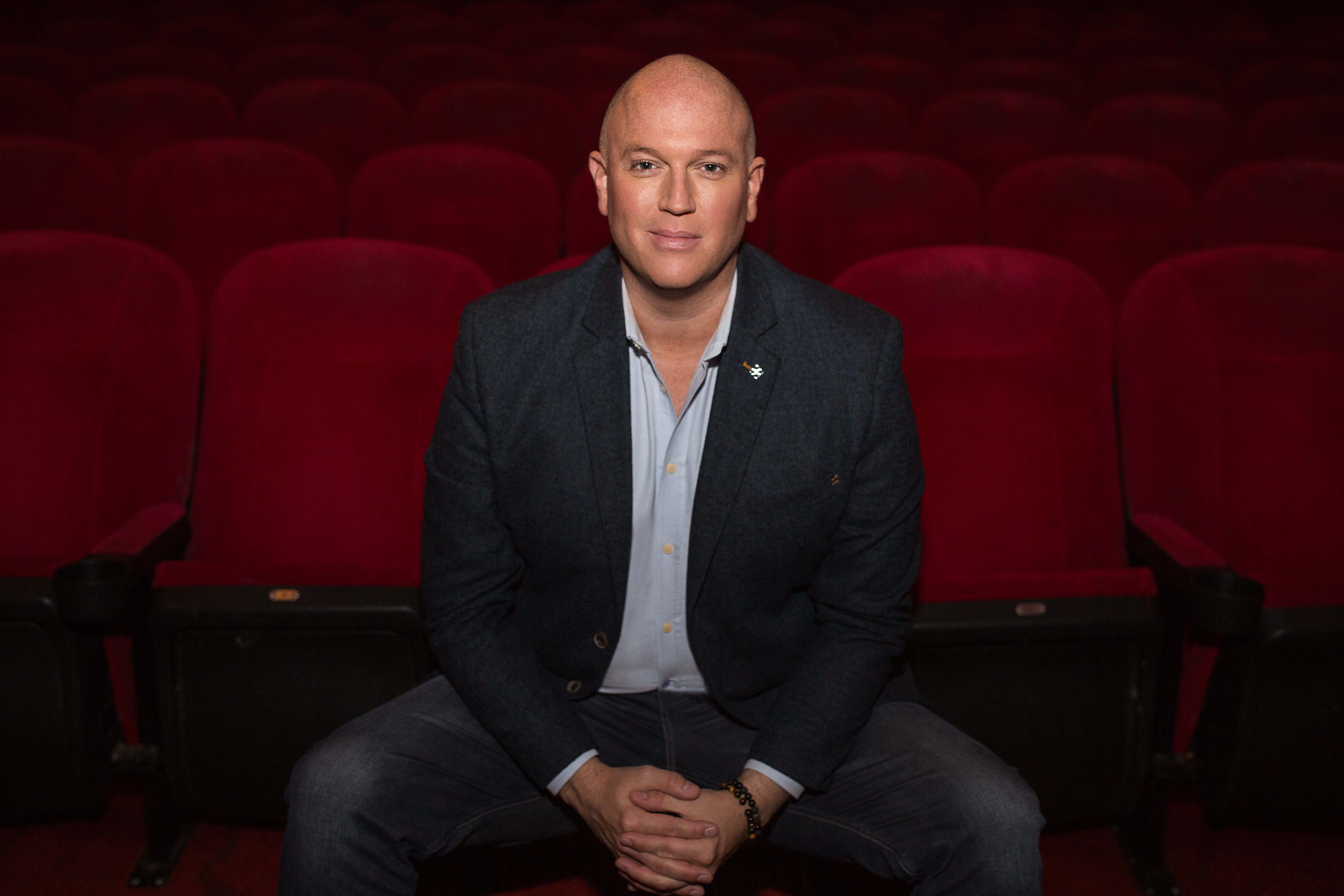
Wholeness
noun
1. the state of forming a complete and harmonious whole; unity.
2. the state of being unbroken or undamaged.
For many, the sense of self is ego-based. Individual egos have self-centred aims, tastes, desires, opinions, likes or dislikes. The very construct of the ego brings with it a built in conflict with other egos. If you think about it, it’s surprising that separate egos, each with their own set of rules and agendas, ever get together in the first place. When they do, their connections always risk unravelling because each ego is primarily tied with what it wants.
The self starts out needing the illusion of protection by clinging to externals like money, status, the bonds of relationships, developing a fit body. These are good things on their own, but they aren’t good if they reinforce the attitude of us versus them.
In Trina Paulus’s book Hope for the Flowers, two caterpillars get caught up in the long held fallacy of competition and struggle to reach the top of a ‘caterpillar pillar’. By their journey’s end, they learn that their true nature, and that of every other caterpillar is not one of winning and being at the top, but of going within and emerging as beautiful butterflies born to soar. Like the caterpillars in that tale, early on in our lives we may receive messages that we must compete in order to succeed, whether it be in sports, tests at school, or finding a job. There seemingly must be winners and losers; those who stand out above the rest, and those who are left behind. These scenarios give a sense that there is deep lack in the world, with only so much glory, money and other resources to go around. This perspective can create such urgency to be seen to be the best that we may adopt a willingness to do whatever it takes to win or be right, even if it is out of alignment with our values. We may begin to see the success of others as a threat, as if there is not enough room for everyone to win.
From an ego perspective, we are just one person – an isolated speck standing against immense outside forces. When our inner strength gets activated, we realise it was never us against the world. The truth is, abundance exists all around – in nature, in the love of our friends and families. In going within and connecting with our true selves, we find it easier to understand this and appreciate what we already have. We no longer exist in competition with our fellow human beings, choosing to see the world as a place where everyone can express their unique talents and succeed.
The true self grows in inverse proportion to the growth of egoism – Teilhard de Chardin
The propensity to either/or-ness condemns human consciousness by reinforcing the dilemma of the opposites and the duality of perception. Opposites do not exist in reality. Let us take the seeming opposites of light and dark. There is no such thing as darkness; there is only light. The conditions can be described as light is either present or not, or light is present at varying degrees. Thus, there is only one variable; the presence or absence of light.
New evidence is constantly emerging that challenges our fundamental assumptions about the Universe. It wasn’t so long ago that physicists made the astonishing discovery that the perceived separation of electrons does not actually mean they are separate. If two electrons have been paired, they continue to operate as an entangled whole even if the distance between them is the vastness of space. If the spin of one electron is changed, its pair changes instantly, faster than the speed of light.
When a biologist encounters an ecosystem in trouble, they pay close attention to what has broken in the pattern of relationships among diverse species. Health is restored by creating new connections and strengthening existing ones. The solution is found in the etymology of the word ‘health’. It comes from an old English word for wholeness.
The part can never be well unless the whole is well – Plato
To survive, the ego has to believe it is real and that it is separate. It doesn’t want to change or be changed despite its sufferings and fears. It clings to being ‘right’ at any cost, and jealously guards its cherished beliefs. The return to oneness means behaviours take on shades of meaning, and knee-jerk oversimplifications are no longer acceptable.
Each of us has work to do in our contribution to the whole. One brick is not better than another because it is bigger or higher up in the building. ‘Greater’ or ‘lesser’ or ‘better’ are judgemental terms arising from positionality.
The better we understand the nature of ourselves, the better we can move within ourselves and the world. The secret to success is to choose one value and pursue it with intensity. One could choose kindness, compassion, forgiveness, understanding, or noncritical acceptance. It is a wish to bring happiness to others, to brighten their day and lighten their load – to merely be friendly and complimentary to everyone one meets in the course of a day.
It is said that 2020 is the year of clarity. We have the opportunity to recontextualise our relationship to the whole by looking inwards. After all, to own oneself completely is to own all of humanity.

